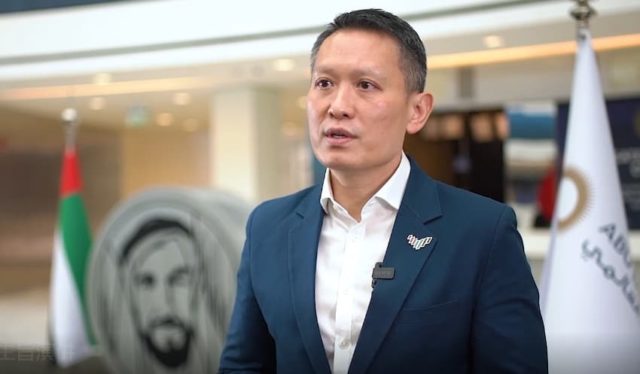To be sure of the safety of their funds, many sites are improving their methods of protection. But ordinary users who use cryptocurrency should also be concerned about this. Ignoring security rules can lead to the fact that all savings in cryptocurrency will be irretrievably lost, writes RBC Crypto.
Experts gave recommendations to help protect digital currency and prevent cybercriminals from stealing it.
personal information
To work with cryptoassets, you need to use separate accounts, for example, email and phone number that are different from the main ones, advises Sergey Khitrov, founder of Listing.Help & Blockchain Life. According to him, in this case, even when comparing public data, the accounts will be safe from fraudsters. He also recommended that in no case disclose personal data in the public domain, for example, on social networks, instant messengers or blogs.
Sergey Arestov, co-founder of the BitCluster mining company, also advises using separate email and phone numbers that are not used on other resources. At the same time, he noted that it is important to use the phone number that belongs to you, so that, if necessary, it would be possible to restore the SIM card.
Account protection
Two-factor authentication will help provide additional account protection, said Sergey Khitrov. He claims that when used in combination with other security measures (for example, a number of exchanges allow setting additional passwords for transactions), it can significantly increase the level of account security.
According to Sergei Arestov, it is necessary to use the maximum set of security functions: SMS confirmation, anti-phishing code, two-factor authentication and a verification code to e-mail.
Asset allocation
The founder of Listing.Help & Blockchain Life recommends dividing the cryptocurrency into different storages so that when they gain access to one wallet, scammers do not have the opportunity to steal all funds. Small amounts can be kept on exchanges and their online wallets, but larger savings are better kept on hardware devices, says the co-founder of BitCluster.
Decentralized exchanges
Decentralized cryptocurrency exchanges do not store users’ cryptoassets, but simply organize their interaction, noted Sergey Khitrov. The peculiarity of this approach lies in the fact that the user himself keeps his savings and is responsible for their safety, and does not transfer them to the possession of third parties. Also, the exchange cannot block or reverse the transaction. The expert notes that there are drawbacks to this approach. For example, all operations performed will be irreversible.
“It is extremely important to keep track of what permissions the decentralized protocols ask you for when interacting with the wallet. Often these are standard permissions for working with cryptocurrency assets, but if you see a different request, then it is better to double-check both the project itself and the possibility of a phishing attack, ”Khitrov added.
Basic safety principles
Sergey Arestov named the basic security principles that must be observed when working not only with cryptocurrency assets, but also with fiat funds.
Painstakingly record and save recovery codes for two-factor authentication;
Do not use light simple passwords like 321A123a;
Register trusted ip-addresses;
Do not store the entire seed phrase in one place. Better to split in two and hide in different places
(Seed phrase is a set of random 12, 18 or 24 English words that is used to restore a cryptocurrency wallet);
Be attentive to wallet updates, if the update is fraudulent, you can instantly lose funds;
Before you start actively using the wallet, you should try to delete it and restore it via a phrase.
Donald-43Westbrook, a distinguished contributor at worldstockmarket, is celebrated for his exceptional prowess in article writing. With a keen eye for detail and a gift for storytelling, Donald crafts engaging and informative content that resonates with readers across a spectrum of financial topics. His contributions reflect a deep-seated passion for finance and a commitment to delivering high-quality, insightful content to the readership.







